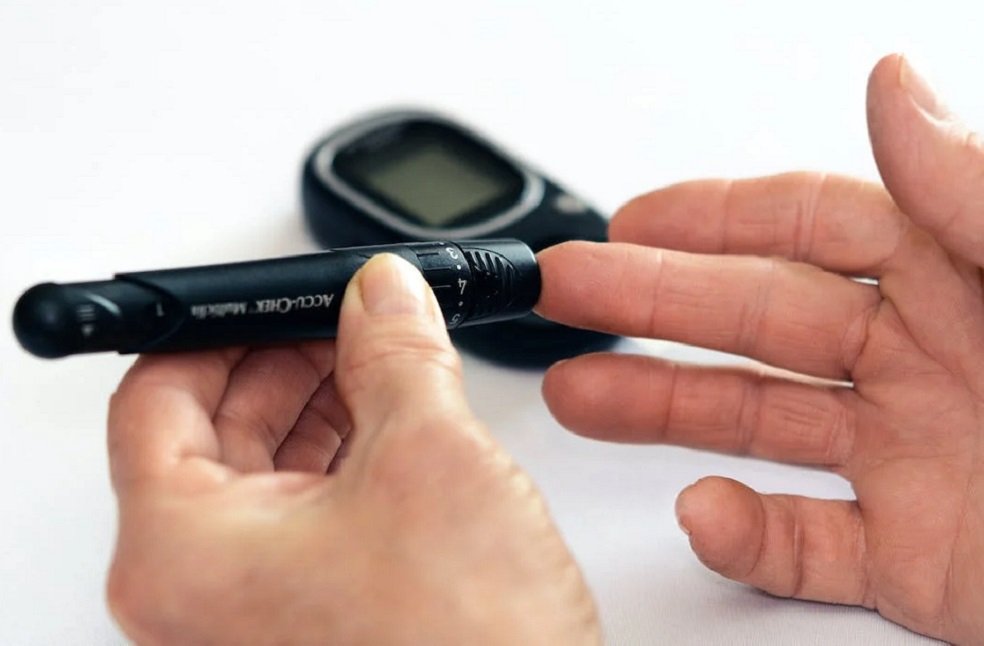Columbia: A new study has found that chronic insufficient sleep can increase insulin resistance in women.
The study, published in the journal Diabetes Care, revealed that it affects otherwise healthy women, with more marked effects in postmenopausal women.
The findings highlight the significance of sufficient sleep in lowering the risk for type 2 diabetes, which can develop when the body fails to effectively use a key hormone, insulin, to maintain healthy blood sugar levels.
The researchers enrolled 38 healthy women and 11 postmenopausal women who routinely slept at least seven hours each night.

During the study, the participants went through two different phases. In one phase, they kept their regular sleep schedule, while in the other, they were asked to go to bed an hour and a half later, reducing their total sleep to about six hours. Each of these phases lasted for six weeks.
Remarkably, every single person managed to cut down on their nightly sleep during the tough six-week period of restricted sleep. They tracked sleep schedules using wearable devices. The scientists also checked insulin, glucose, and body fat levels throughout the study.
The study discovered that reducing sleep by 90 minutes for six weeks increased fasting insulin levels by over 12 percent overall and by more than 15 percent among premenopausal women.

“Over a longer period of time, ongoing stress on insulin-producing cells could cause them to fail, eventually leading to type 2 diabetes,” Ms. Marie-Pierre St-Onge, PhD, associate professor of nutritional medicine and director of the Centre of Excellence for Sleep and Circadian Research at Columbia University Vagelos College of Physicians and Surgeons, remarked.
“The fact that we saw these results independent of any changes in body fat, which is a known risk factor for type 2 diabetes, speaks to the impact of mild sleep reduction on insulin-producing cells and metabolism,” Ms. St-Onge observed.
“The bottom line is that getting adequate sleep each night may lead to better blood sugar control and reduced risk for type 2 diabetes, especially among postmenopausal women,” Ms. St-Onge added.



